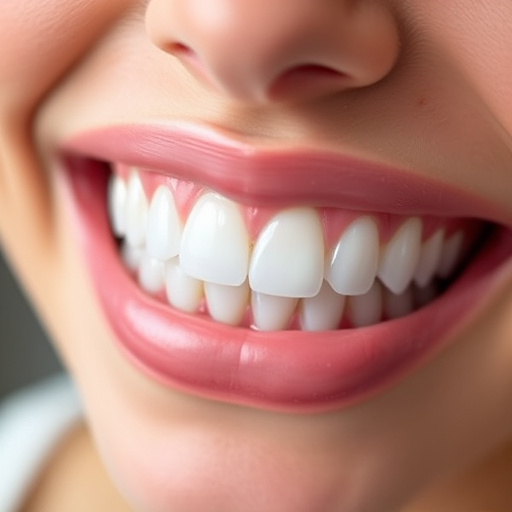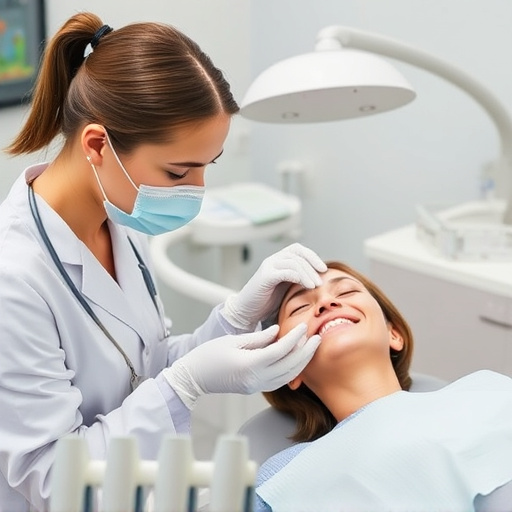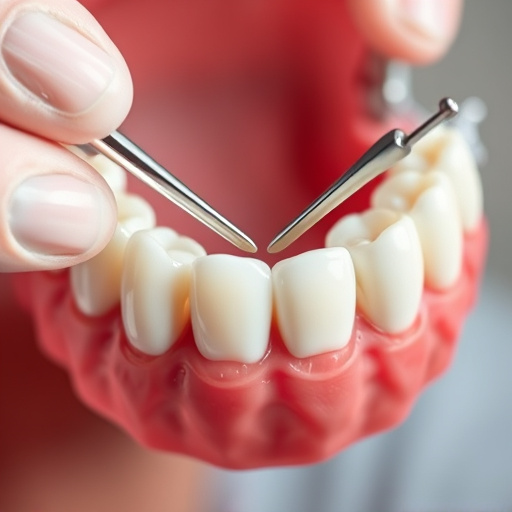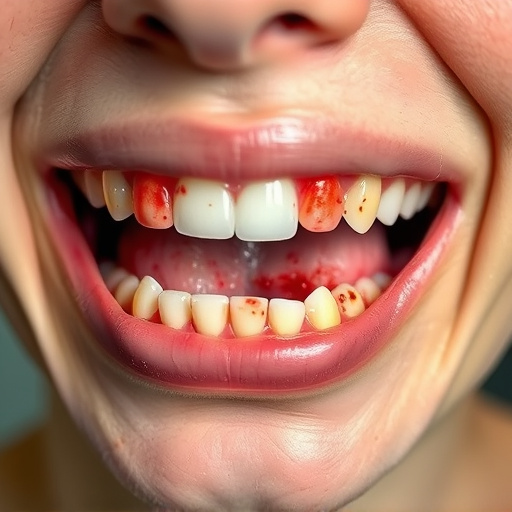Infection control procedures are crucial for family dentistry clinics, focusing on hand hygiene, PPE, and evidence-based disinfection routines. Consistent adherence through staff training, surface cleanup, and waste management ensures a hygienic environment that promotes patient trust and positive outcomes. Robust infection control protocols protect patient health, foster trust, and maintain cleanliness in various medical settings, including children's and restorative dentistry practices.
In the healthcare sector, maintaining clinic hygiene through robust infection control procedures is paramount. This ensures patient safety and fosters trust in medical facilities. This article delves into the core principles of infection control, effective disinfection protocols, and the synergistic role of staff training and patient education. By exploring these essential components, we illuminate best practices that safeguard patients and healthcare workers alike, underscoring the vital importance of stringent infection control measures in modern clinics.
- Understanding Core Principles of Infection Control
- Implementing Effective Disinfection Protocols
- Staff Training and Patient Education: A Key Duo
Understanding Core Principles of Infection Control
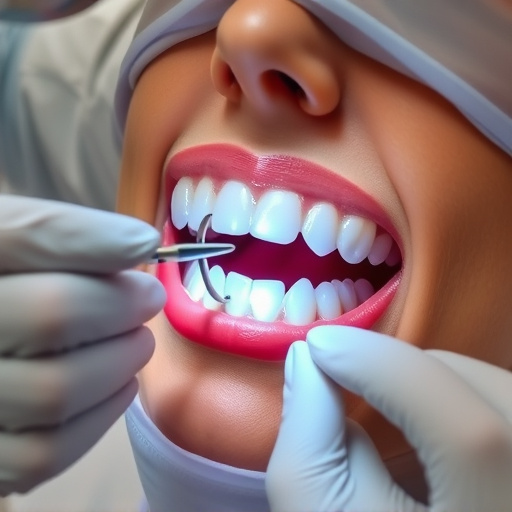
Infection control procedures are foundational to maintaining a clean and safe environment in healthcare settings, including family dentistry clinics. At the heart of these protocols lie several core principles designed to prevent the spread of infections among patients and healthcare workers alike. These include proper hand hygiene, use of personal protective equipment (PPE), and strict disinfection routines. Understanding these fundamental practices is crucial for upholding clinic hygiene during routine dental cleanings or complex procedures like dental implants.
The effectiveness of infection control measures relies on consistent adherence to evidence-based guidelines. This involves regular training for staff, prompt cleanup of contaminated surfaces, and proper waste management. By integrating these core principles into daily operations, family dentistry clinics can ensure a hygienic space that promotes patient trust and outcomes in every dental cleaning or implant procedure.
Implementing Effective Disinfection Protocols
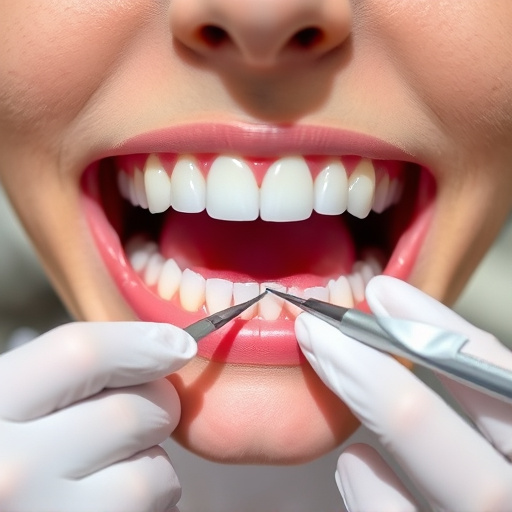
Implementing effective disinfection protocols is a cornerstone of infection control procedures in any healthcare setting, especially in fields like children’s dentistry and restorative dentistry where various treatments involve close contact with patients. It goes beyond mere surface cleaning; it involves a comprehensive approach to eliminating pathogens that can cause infections.
In clinics offering services such as clear aligners or other intricate dental work, strict disinfection protocols are vital. This includes regular sanitization of equipment after each patient use, proper disposal of contaminated materials, and adherence to universal precautions. Staff training on these procedures ensures consistency and minimizes the risk of cross-contamination. By following robust infection control procedures, clinics not only safeguard their patients’ health but also maintain a hygienic environment that fosters trust and promotes peace of mind for both staff and visitors.
Staff Training and Patient Education: A Key Duo
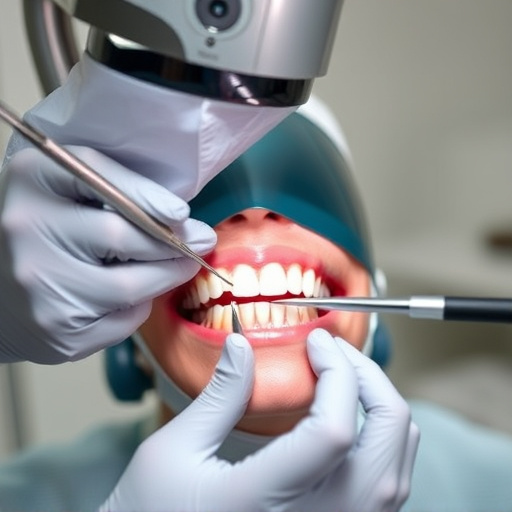
Staff training and patient education are integral components of robust infection control procedures in any medical facility, from specialized clinics to family dentistry practices. Educating staff on proper hygiene practices and protocols ensures consistent adherence to infection control standards. This includes simple yet vital steps like regular handwashing, donning personal protective equipment (PPE), and properly disinfecting surfaces.
When it comes to patients, especially those undergoing procedures like wisdom tooth removal or dental cleanings, clear communication about infection control is crucial. Patients should be made aware of the measures taken to maintain hygiene, encouraging them to actively participate in their care. This partnership between staff and patients fosters a culture of safety and helps prevent the spread of infections, ensuring a cleaner, healthier environment for everyone.
By adhering to robust infection control procedures, healthcare clinics can foster a hygienic environment that prioritizes patient safety and well-being. Through understanding core principles, implementing effective disinfection protocols, and empowering staff and patients through education, clinics can significantly reduce the risk of infections and create a reassuring atmosphere for all. These essential practices form the cornerstone of modern clinic hygiene, ensuring a clean and safe space for quality healthcare delivery.



